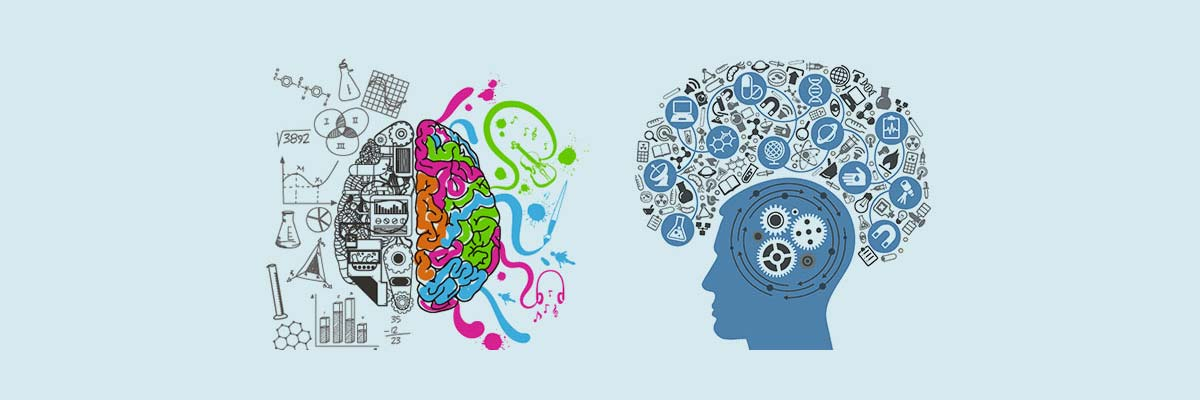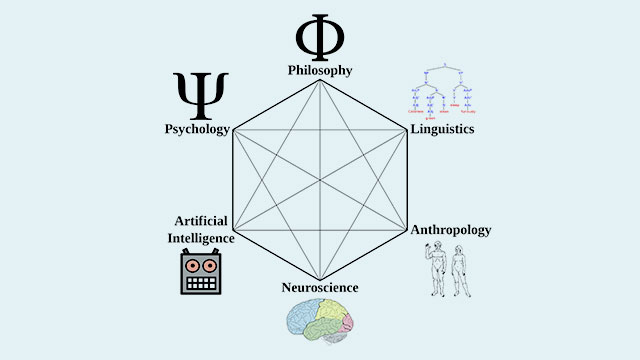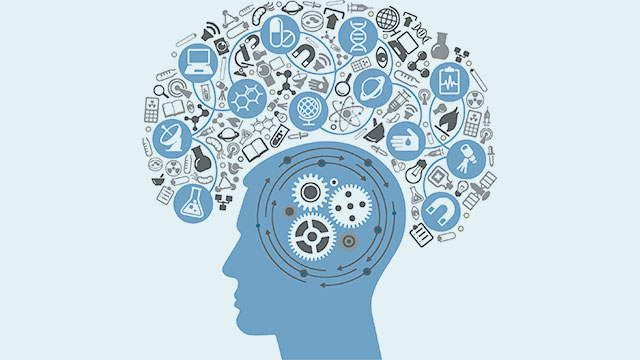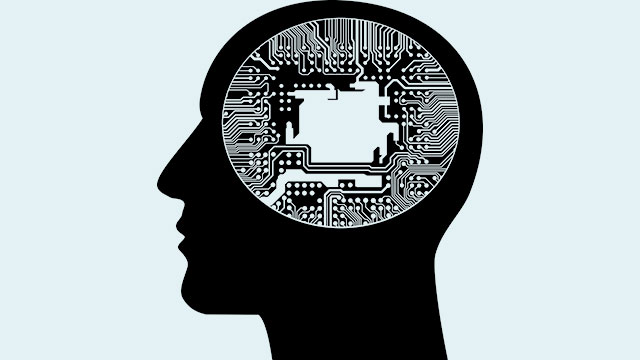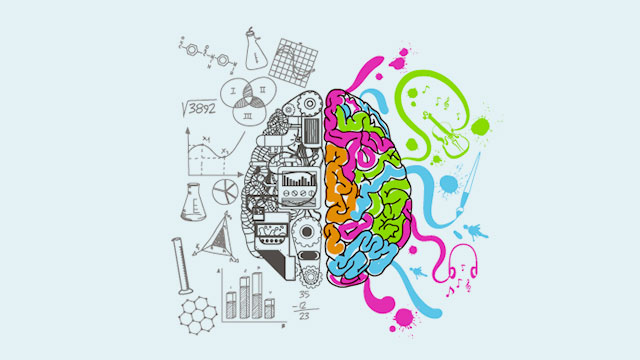Introduction
Cognitive science is a new form of basic science that has as its objective the study of the human mind or cognition. It is also a multidisciplinary field that incorporates elements of cognitive psychology, linguistics, philosophy, computer science and neuroscience.
The Interdisciplinary Program in Cognitive Science (for graduate students only) seeks to train students in this new field and to serve as a nucleus for research. Undergraduates who have majored in diverse subjects such as philosophy, psychology, linguistics, computer engineering and neuroscience gather together under the auspices of the program in order to approach the problems of the mind and the cognitive process from a broad perspective. They conduct research according to their respective areas of interest at the Artificial Intelligence Laboratory, the Object-Oriented Programming System Laboratory (OOPSLA), the Laboratory of Brain and Cognitive Sciences (fMRI Lab), the Neuropsychiatry Laboratory, the Nuclear Medicine Laboratory, the Pharmacology Laboratory, the Perceptual Psychology Laboratory, the Psychometrics Laboratory, the Linguistic Psychology Laboratory, and the Neurobiology Laboratory.
The main areas of theoretical research conducted by students include cognitive neuroscience using brain imaging methods such as fMRI (functional Magnetic Resonance Imaging), EEG (electroencephalogram), and ERP; studies of the process of expression and inference of knowledge and the process of decision-making; the cognitive modeling of linguistic studies and understanding; the philosophical and psychological understanding of consciousness and emotions; future cognitive sciences. Applied research is also conducted on a number of topics: human and computer interaction (HCI) centered on the development of intelligent agents capable of handling internet searches and electronic commercial transactions; the development of decision-making algorithms using Bayesian learning rule; the application to education of studies of the process of logical inference; the development of diagnostic batteries for cognitive neural disorders; the development of programs for handling Korean vocabulary using the LSA method, the development of translation machines based on research into natural Korean language.
Graduates of the program serve as specialists in their chosen field, and it is expected that they will serve on the faculty of future interdisciplinary programs in cognitive science at various universities fulfilling a unique academic role. They will also take the lead in applying knowledge gained from the cognitive sciences to fields such as economics, business management, industry, and education.
The Interdisciplinary Program in Cognitive Science (for graduate students only) seeks to train students in this new field and to serve as a nucleus for research. Undergraduates who have majored in diverse subjects such as philosophy, psychology, linguistics, computer engineering and neuroscience gather together under the auspices of the program in order to approach the problems of the mind and the cognitive process from a broad perspective. They conduct research according to their respective areas of interest at the Artificial Intelligence Laboratory, the Object-Oriented Programming System Laboratory (OOPSLA), the Laboratory of Brain and Cognitive Sciences (fMRI Lab), the Neuropsychiatry Laboratory, the Nuclear Medicine Laboratory, the Pharmacology Laboratory, the Perceptual Psychology Laboratory, the Psychometrics Laboratory, the Linguistic Psychology Laboratory, and the Neurobiology Laboratory.
The main areas of theoretical research conducted by students include cognitive neuroscience using brain imaging methods such as fMRI (functional Magnetic Resonance Imaging), EEG (electroencephalogram), and ERP; studies of the process of expression and inference of knowledge and the process of decision-making; the cognitive modeling of linguistic studies and understanding; the philosophical and psychological understanding of consciousness and emotions; future cognitive sciences. Applied research is also conducted on a number of topics: human and computer interaction (HCI) centered on the development of intelligent agents capable of handling internet searches and electronic commercial transactions; the development of decision-making algorithms using Bayesian learning rule; the application to education of studies of the process of logical inference; the development of diagnostic batteries for cognitive neural disorders; the development of programs for handling Korean vocabulary using the LSA method, the development of translation machines based on research into natural Korean language.
Graduates of the program serve as specialists in their chosen field, and it is expected that they will serve on the faculty of future interdisciplinary programs in cognitive science at various universities fulfilling a unique academic role. They will also take the lead in applying knowledge gained from the cognitive sciences to fields such as economics, business management, industry, and education.

